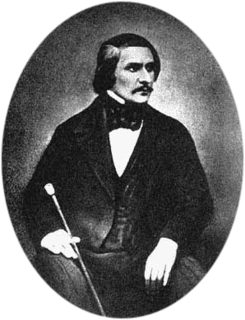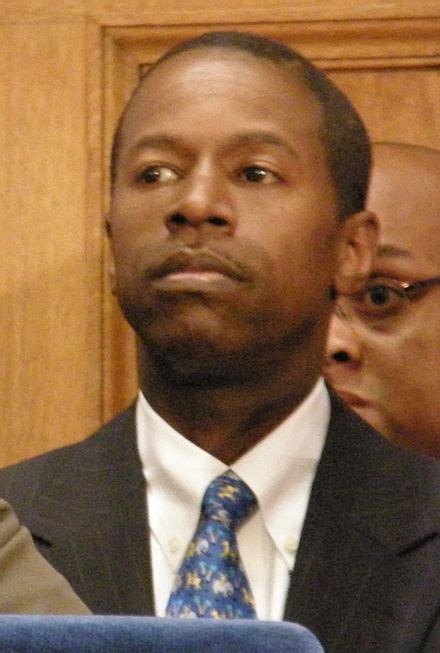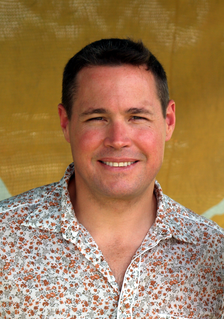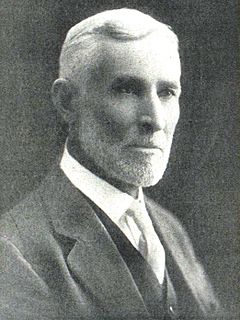A Quote by Bill Bryson
Everywhere throughout New England you find old, tumbledown field walls, often in the middle of the deepest, most settled- looking woods- a reminder of just how swiftly nature reclaims the land in America.
Related Quotes
The facts of nature are what they are, but we can only view them through the spectacles of our mind. Our mind works largely by metaphor and comparison, not always (or often) by relentless logic. When we are caught in conceptual traps, the best exit is often a change in metaphor not because the new guideline will be truer to nature (for neither the old nor the new metaphor lies "out there" in the woods), but because we need a shift to more fruitful perspectives, and metaphor is often the best agent of conceptual transition.
The answer to the nature of our existence is somewhere in the middle, and that, of course, is what we're looking for: how to see ourselves in a new picture of ourselves and understand the questions that humans have asked forever, "Who are we, how did we get here, where are we going, and what's the nature of this reality that we're in?"
We live in the Age of the Higher Brain, the cerebral cortex that has grown enormously over the last few millennia, overshadowing the ancient, instinctive lower brain. The cortex is often called the new brain, yet the old brain held sway in humans for millions of years, as it does today in most living things. The old brain can't conjure up ideas or read. But it does possess the power to feel and, above all, to be. It was the old brain that caused our forebears to sense the closeness of a mysterious presence everywhere in Nature.
We were in the middle of a sandbar in the middle of the ocean with no one around, and still someone was following me from New York, and was hiding in some bushes like a mile away with a long lens, so he still got pictures. It was really an eye opener to how you really have to be careful about being followed everywhere. I was trying to go to the most remote place in the world, I was out on a sandbar in the middle of the ocean, and they still found me. It was definitely a very new experience.
I am very fond of the modest manner of life of those solitary owners of remote villages, who in Little Russia are commonly called "old-fashioned," who are like tumbledown picturesque little houses, delightful in their simplicity and complete unlikeness to the new smooth buildings whose walls have not yet been discolored by the rain, whose roofs are not yet covered with green lichen, and whose porch does not display its bricks through the peeling stucco.
Why is it that, when we want to think outside the proverbial box, we often put ourselves in one? We gather our team in a conference room, plaster the walls with sticky paper, and wait for the ideas to flow in a stream of marker scribbles. How often has your quest for innovation peaked at renovation - new dressing on old ideas?
I'm going to show you the real New York - witty, smart, and international - like any metropolis. Tell me this: where in Europe can you find old Hungary, old Russia, old France, old Italy? In Europe you're trying to copy America, you're almost American. But here you'll find Europeans who immigrated a hundred years ago - and we haven't spoiled them. Oh, Gio! You must see why I love New York. Because the whole world's in New York.
By natural means, as the Lord always operates for the accomplishment of his purposes, means so simple that the thoughtless and unbelieving do not see the manifestation of his power, he brought the Puritans from the old world to New England, the Dutch to New York, the English Cavaliers to Virginia and the French to New Orleans, a combination of races which, paradoxical as it may appear, was just calculated to give us the composite America who made the United States of America what it is, the greatest nation of the world today.






































